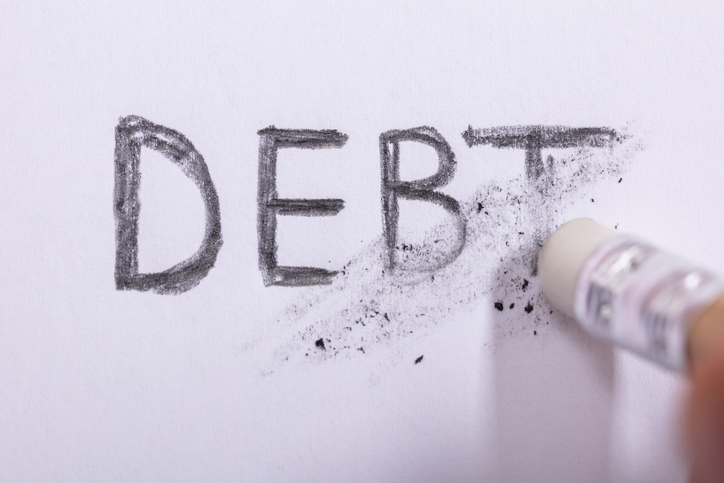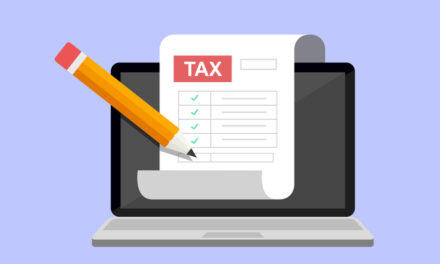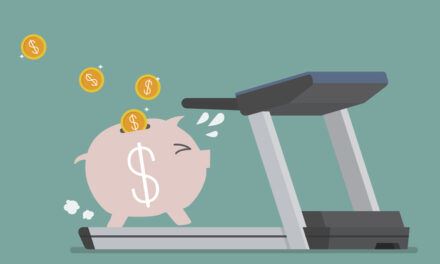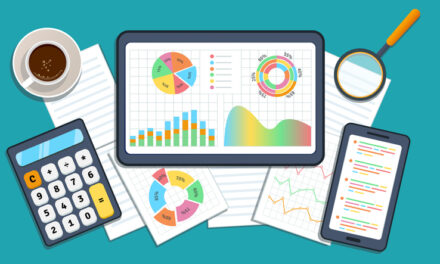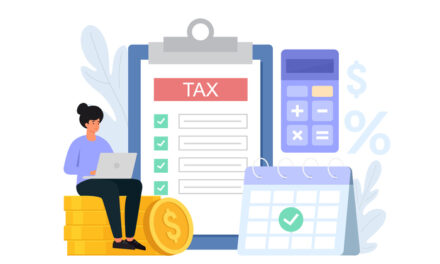Debt is often a part of life. While living without debt sounds ideal, most people do pick up debt of one sort or another over time, especially as the cost of living has gotten astronomically expensive. If you do find yourself in debt, you’re going to want to address it, especially if it comes with interest. The higher the interest rate, the more money you will owe as you pay back your debt. Here are a few questions to ask yourself in order to pay off debt in the smartest way possible.
Questions to Ask Before Paying Off Debt
1. Is it Bad Debt or Good Debt?
Interestingly, not all debt is bad debt, and it’s important to distinguish between debt that must be paid off as soon as possible and debt that can stick around for a while. This way, you can come up with an effective plan to get yourself to a more financially healthy place. For example, a mortgage is actually considered to be good debt. If you have a choice between paying off your mortgage or tackling something like credit card debt, definitely go for the credit card debt. Having a mortgage that you are able to pay each month shows you are a reliable borrower, which is great for your credit score. Additionally, if you were able to lock in a low mortgage rate, it can be much more beneficial to invest the extra money you may have otherwise used to pay off your mortgage early into an account that will help you earn more per month than you would have saved by paying off your mortgage.
Debt that has a high interest rate and that continues to build the longer you don’t pay it off, such as credit card debt or certain student loans, is crucial to pay off as early as you can. The longer you leave it, the more you will end up owing. This kind of debt can also hurt your credit score and can be an emotional drain, making you feel like you will never catch up financially.
2. What is the Interest Rate?
If you have multiple sources of debt, one way to prioritize which debt to pay off first is to look at the interest rate. The interest rate is a percentage of your debt that gets added on top of the amount you owe and goes to the lender. That’s how lenders, such as banks, make money when they give out a loan. Sources of debt with high interest rates tend to be the ones you want to address first since they are costing you more money the longer you have them.
3. Will It Affect My Credit Score?
Your credit score is an important measure of your financial health to lenders and can influence whether or not you can get a loan (such as a mortgage), and what kind of interest rate you will get. Even if you can get approved for a loan with a lower credit score, you may not get as favorable of a rate as if your score was higher. Any debt that affects your credit score should be dealt with as soon as possible. Some debts, like medical bills, don’t affect your credit score. While you still need to pay them off, they are not going to hurt your financial standing the same way as credit card debt or an unpaid mortgage will.
Pay Off Debt with Help from our Financial Experts
At DeSantis, Kiefer, Shall & Sarcone, our experts can help you determine the best course of action when dealing with debt. There is always a way out, and our experienced team will evaluate your particular situation in order to come up with a solution that works for you so you can reach your financial goals.


